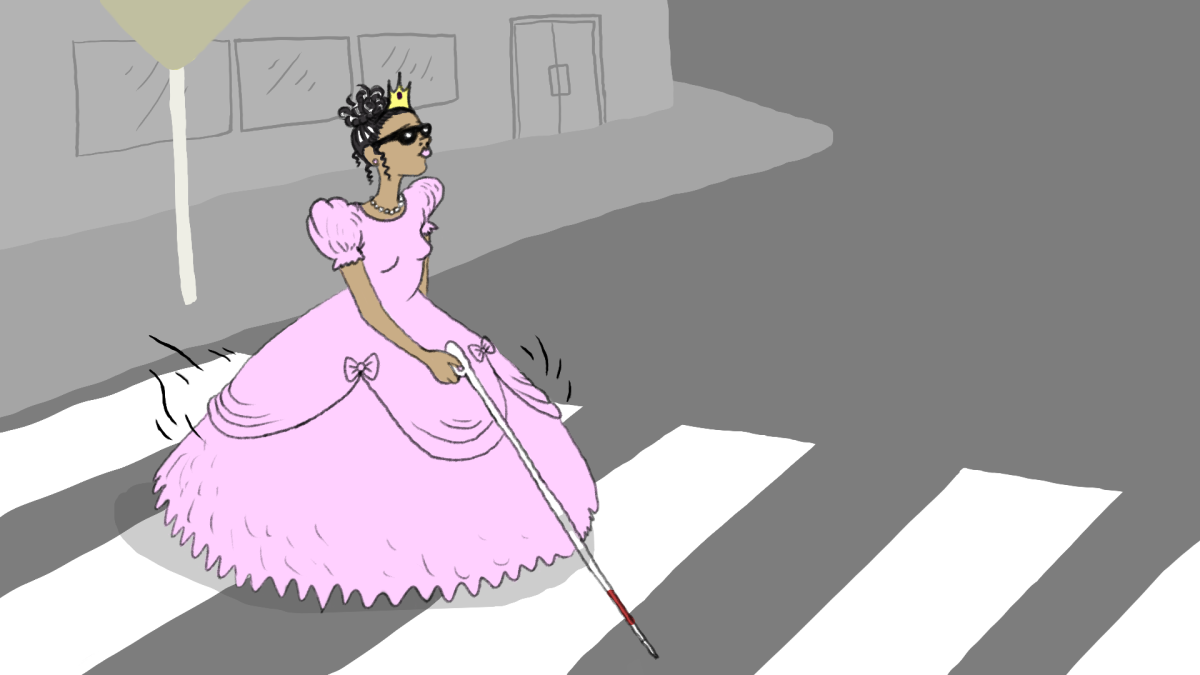There are many assumptions about female entertainers. They should be sexy, but not too sexy. They should be the perfect balance of wholesome and every man’s dream. It doesn’t take much to fall from grace, and many female celebrities often walk a fine line between acceptance and being shunned by the media.
Beyoncé Knowles is known worldwide, and she doesn’t require much of an introduction. The singer has transcended the limits of the music industry by working in the acting, clothing and fragrance industry. She is very well accomplished, though whether or not people feel those accomplishments are well earned is entirely different. Her most recent album, “Beyoncé,” which featured 14 songs and 18 videos was released with absolutely no promotion. Yet, the album managed to debut at No. 1 on the Billboard 200 Chart and broke iTunes sales records by selling more than 617,000 copies in just three days.
The album includes many powerful themes such as feminism and self-love. Self-proclaimed feminist and author Chimamanda Ngozi Adichie is featured on one of the tracking listings. Additionally, however, the album is also the most sexually charged album of the songstress to date. While many people celebrated the album and happily purchased it, others criticized the singer for being too provocative.
I purchased the album as soon as I could, and I immediately noticed that the album was marked as “E” for explicit. ITunes quotes the album as being “A provocative, unguarded artistic statement – revealing a side of the icon previously unknown.”
Beyoncé, who is mother to 3-year-old Blue Ivy Carter, was harshly criticized by Bill O’Reilly, who claimed that she dropped the ball as a role model to “people of color,” especially young women. Should a woman who has influence on millions of people young and old be disgraced for creating lyrics that are sexually provocative?
Clearly, the album was not aimed at young listeners. So, O’Reilly’s claims that the album corrupts the minds of young girls are completely invalid—the album was never intended for young girls!
Many people asked, “What about her daughter? One day she’ll grow up to see and hear these things.” That statement represents the very core of the issue surrounding women and their sexuality in this country. No one attacks Jay Z, Blue Ivy’s father, for his sexually charged lyrics. In fact, those kinds of lyrics are often expected of men.
The claims that Beyoncé is no longer entitled to a certain level of “sexiness” as a mother represent the anti-feminist culture we live in. Why is it that Blue Ivy should be more concerned with the fact that her mother belts out lyrics about being “Drunk in Love” and not the fact that she is a phenomenally successful businesswoman with 20 Grammy wins and 75 million albums sold worldwide as a solo artist?
There is nothing wrong with a fully grown woman expressing her wants and desires in a song and being completely comfortable in her truth. Girls are conditioned at a very young age to fulfill a masculine ideal about their beauty, abilities and sexuality—anyone who steps out of these bounds is labeled and criticized. Being sexy is completely acceptable if it is for the consumption and enjoyment of men.
Singer Janelle Monae was known for adopting a strict uniform of a black suit. Recently, the singer decided to neglect her previous uniform in favor of a more modern style. One male Twitter user tweeted the singer stating, “Girl stop being so soulful and be sexy.” He criticized her for wearing suits, saying that she was too soulful. Monae responded by saying, “Sit down. I’m not for male consumption.”
These issues are not only limited to the entertainment world. I’m certain that most women on this campus have experienced pressures to either limit or exaggerate their sexuality. For example, high school dress codes forbid young women from wearing tops that reveal their bra straps. Why is that? Schools are sending the message to young girls that boys cannot control their sexuality and that we are responsible for the way that they view us. My bra strap can’t show because it may distract John Doe from his algebra.
On campus, students must be mindful of the way they dress as not to get unwanted attention. So that means that even if someone wants to wear those pair of shorts, they may be self-conscious about the way people view them.
In the song “Flawless” by Beyoncé, Adichie states, “We teach girls that they cannot be sexual beings in the way that boys are. Feminist: the person who believes in the social, political and economic equality of the sexes.” It is not until this country adopts these ideals that we will truly create an environment for young women to flourish and grow.







